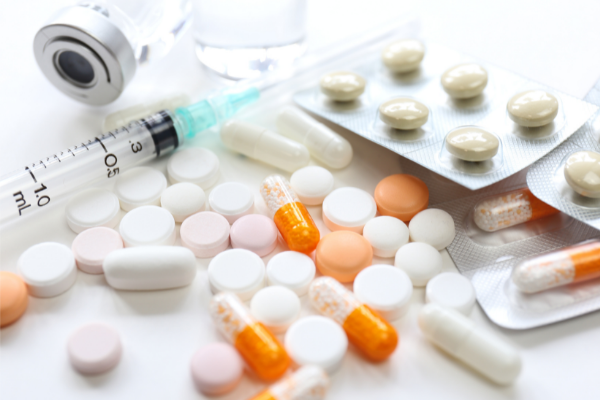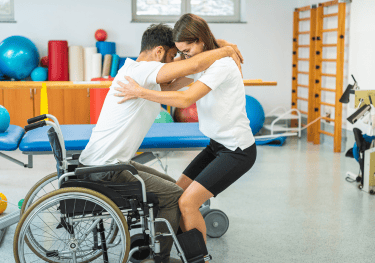Health and Social Care Training
Training staff is important in health and social care to ensure the safety of people receiving and giving care and to maintain high standards of care quality.
Training care staff helps engrain the necessary behaviours, attitudes, skills and knowledge to deliver high-quality, safe, person centred care. It helps them take the right steps to prevent risk occurring and prepares them to respond correctly should a risk emerge in the course of delivering care. This helps keep everyone safe from harm.
Without the right training there is more chance something (minor or major) could go wrong. This could put people at serious risk of harm. Training staff to understand how to communicate more effectively, to manage people who have behavioural difficulties and how to work towards their personal outcomes are just some examples of how the right training regime boost care quality, for individuals and across care services.

Handling of Medication
The handling of medication involves the safe and effective management, storage, administration, and disposal of medicines to ensure they are used correctly and minimise risks to individuals and others. It includes following prescribed dosages, maintaining proper storage conditions to preserve drug potency, and adhering to protocols to prevent errors or misuse. Proper handling ensures patient safety, compliance with legal and regulatory requirements, and the protection of healthcare providers from exposure to potentially harmful substances. This practice is critical in supporting effective treatment outcomes and maintaining trust in healthcare systems.

Safeguarding
Safeguarding refers to the measures and practices in place to protect individuals, particularly children and vulnerable adults, from harm, abuse, neglect, and exploitation. It involves creating safe environments where individuals are supported and their rights are respected, while identifying and responding to risks or concerns. Safeguarding includes promoting well-being, ensuring access to appropriate care and support, and taking proactive steps to prevent harm. It is a fundamental responsibility for organisations and individuals working with at-risk groups, ensuring their safety, dignity, and empowerment in all settings.

Infection Prevention and Control
Infection prevention and control (IPC) refers to the measures, practices, and systems designed to prevent the spread of infections within healthcare settings, communities, and everyday environments. It involves strategies to identify, reduce, and eliminate risks of infection, safeguarding both individuals and populations. Key components include proper hand hygiene, use of personal protective equipment (PPE), sterilisation of equipment, safe waste disposal, and adherence to protocols for managing infectious diseases. IPC is essential for promoting health, ensuring safety, and minimising the impact of infectious diseases on healthcare systems and society as a whole.

Manual Handling
Manual handling refers to the process of lifting, carrying, moving, or supporting loads by hand or bodily force, encompassing activities such as lifting, pushing, pulling, or lowering objects. Safe manual handling practices are essential to prevent injuries, particularly to the back and musculoskeletal system. This involves using proper techniques, understanding the limits of one’s physical capabilities, and utilising appropriate equipment when necessary. Effective manual handling ensures the safety and well-being of individuals, reduces the risk of workplace injuries, and promotes a healthier, more efficient working environment.

Moving & Handling People
Moving and handling of people involves assisting individuals with mobility in a safe, dignified, and supportive manner. This includes lifting, repositioning, and transferring people using the correct techniques and, where appropriate, specialist equipment. Proper training is essential to protect both the person being moved and the caregiver, reducing the risk of injury and promoting comfort and independence. Our course equips staff with the skills and confidence to carry out these tasks safely, meeting legal requirements and best practice standards in health and social care settings.
